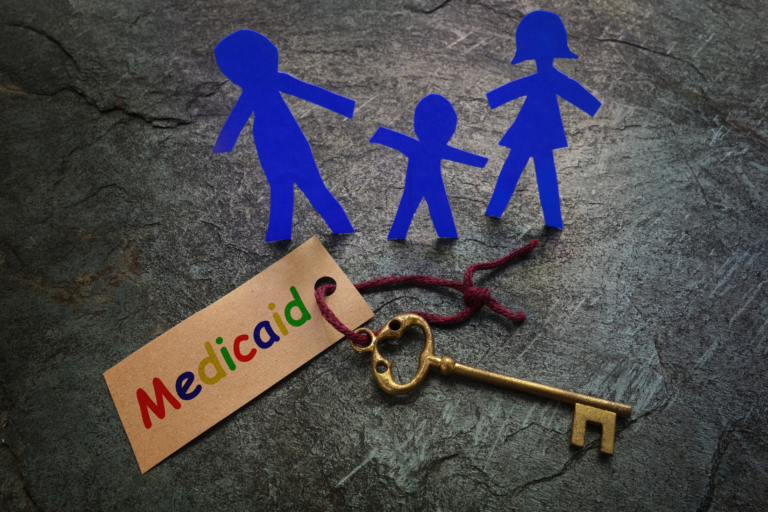Probate is the legal process to verify the validity of a deceased person’s will and administer the distribution of his or her assets upon death. Depending on the circumstances, this process can be a complex and time-consuming experience without proper legal advice.
In this article, you will discover five common problems in Florida probate you need to be aware of.
5 Common Problems in Florida Probate You Need to Be Aware Of – Taking a Closer Look
The more issues involved in a probate case, the more lengthy and costly it tends to be. If you want to avoid this type of situation in Florida, expert legal advice is a valuable resource.
Disputes Between Family Members, Heirs, or Beneficiaries
Probate administration is only necessary when someone dies. The death of a loved one may result in emotional distress and distinct reactions from different family members. This scenario is fertile soil for family disputes, such as:
- Legal disputes involving inherited property
- Vague or ambiguous language used in documents (e.g., unclear will or trust instrument)
- Close relatives excluded from the deceased’s last will
- Disputes involving the sale of property or assets subject to probate
An Executor’s Failure to Fulfill Statutory Duties
As provided by Florida Statutes §377, a personal representative (or executor) must fulfill a set of duties to administer the deceased’s estate.
If a person named as personal representative is unable to perform as expected or refuses to fulfill the statutory duties, it may result in delays and additional expenses involved in probate administration.
The best approach to avoid it is to work with an expert attorney to draft a proper will and designate an appropriate personal representative.
Challenges to the Deceased’s Will
It is not rare to find probate cases involving will contests. Under Florida law, only an interested party to a will can challenge its validity in court.
Florida Statutes §732.518 specifies that “an action to contest the validity of all or part of a will or the revocation of all or part of a will may not be commenced before the death of the testator.”
The disagreement is often associated with the deceased’s appointment of a personal representative. Will contests result in time-consuming delays in a probate administration, as the process cannot continue until the litigation is over.
Overwhelming Debts vs. Estate Administration
When a Florida resident dies owing unpaid debts, the personal representative is responsible for notifying the creditors and handling the claims based on their validity.
All the valid claims must be paid by the personal representative. Otherwise, the assets cannot be distributed until the estate’s debts are settled. If the estate holds no sufficient money or assets to pay the existing debts, the personal representative must handle it strategically.
Florida Statutes §733.707 lists the order of preference to be followed by an executor to settle a decedent’s estate.
Under Florida Statutes §733.707 (2), “after paying any preceding class, if the estate is insufficient to pay all of the next succeeding class, the creditors of the latter class shall be paid ratably in proportion to their respective claims.”
Depending on how scarce the estate’s resources are, some of the debts may remain unpaid when the administration is over.
Avoid Recurrent Issues and Navigate Probate Easily – Work with Your Florida Probate Lawyer Today
Waste no time with uncertainty – immediately contact Attorneys Romy B. Jurado and Diana C. Collazos by calling (305) 921-0976 or emailing [email protected] for expert legal guidance.






